New class of coordination polymers for high-performance Li-, Na- and K-ion storage
Green Car Congress
AUGUST 9, 2022
Researchers at the Université catholique de Louvain in Belgium have designed and synthesized a new class of electrically conducting anionic coordination polymers for all practically relevant alkali-cation storage. An open-access paper on their work is published in the RSC journal Energy & Environmental Science. Wang et al.

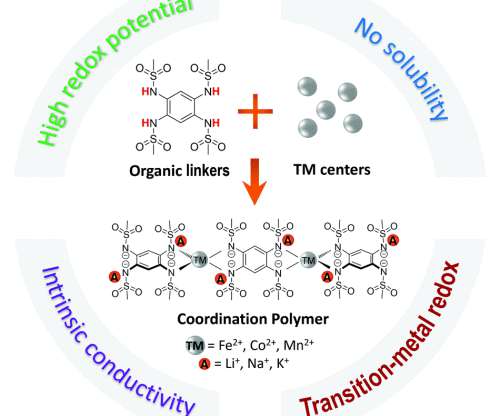
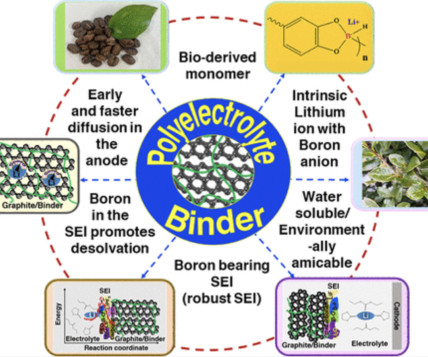



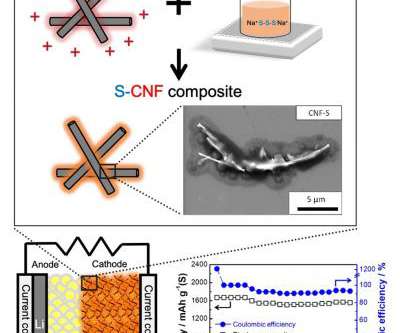

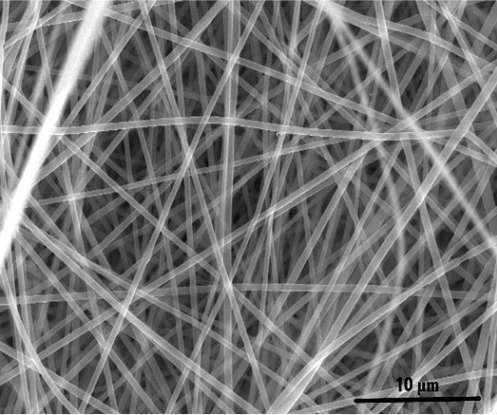





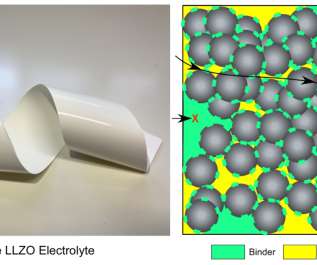









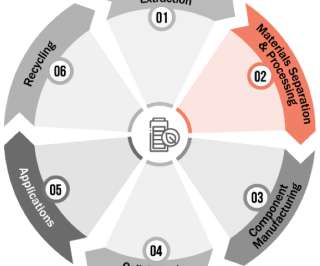















Let's personalize your content